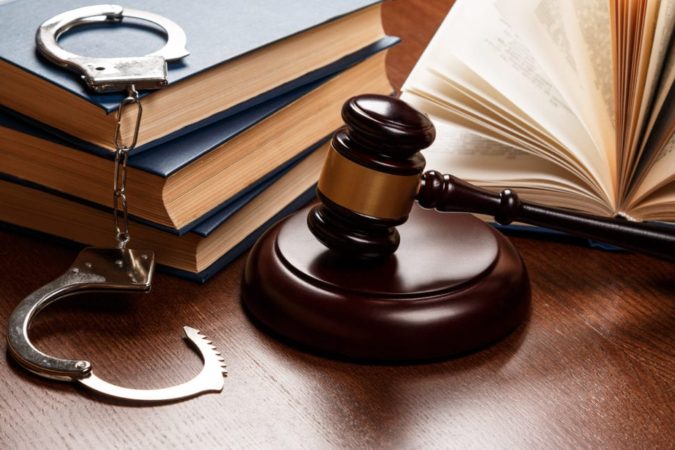When facing criminal charges, one of the most crucial decisions you’ll make is choosing the right legal representation. A key player in your defense will be your criminal defense lawyer, but what exactly is their role?
In fact, the role of a criminal defense lawyer is multifaceted. It goes beyond simply arguing your case in court. They are strategists, negotiators, advisors, supporters, and advocates. Criminal lawyers from Law Offices of Anthony Carbone, P.C., navigate the complexities of the legal system on your behalf, working tirelessly to protect your rights and secure the best possible outcome for your case. So, having a competent and dedicated criminal defense lawyer on your side can make all the difference when facing criminal charges.
This blog aims to shed light on the essential duties and responsibilities of a criminal defense lawyer.
- Case Assessment and Strategy Development
The first role of a criminal defense lawyer is to conduct an in-depth analysis of your case. They review the charges, the evidence, and the prosecution’s claims. Based on this assessment, they develop a defense strategy tailored to your specific circumstances. This could involve challenging the credibility of the prosecution’s witnesses, disputing the legality of a search warrant, or presenting an alibi.
- Representation in Court
Perhaps the most visible role of a criminal defense lawyer is representing you in court. They argue your case before the judge, cross-examine prosecution witnesses, and present evidence and witnesses in your favor. These lawyers also make opening and closing statements and work to persuade the judge or jury of your innocence.
- Negotiation
A significant part of a criminal defense lawyer’s role involves negotiation. Many cases never go to trial and are instead resolved through plea bargains. Your lawyer negotiates with the prosecutor to try to reduce your charges, lessen your sentence, or possibly even have your case dismissed.
- Legal Guidance
The legal system is complex and can be confusing for those unfamiliar with it. Your criminal defense lawyer provides guidance throughout the process. They explain the charges, possible penalties, and legal procedures. A lawyer can also advise you on the best course of action, like whether to plead guilty or go to trial.
- Emotional Support
Facing criminal charges can be emotionally draining. While not therapists, criminal defense lawyers often provide emotional support. They help manage your expectations, relieve stress by answering questions and clarifying uncertainties, and provide a realistic perspective on the potential outcomes.
- Protect Your Rights
A fundamental role of a criminal defense lawyer is to protect your rights. They ensure that law enforcement officers respect your rights during the arrest and investigation. A criminal lawyer also safeguards your right to a fair trial and works to prevent any miscarriages of justice.
